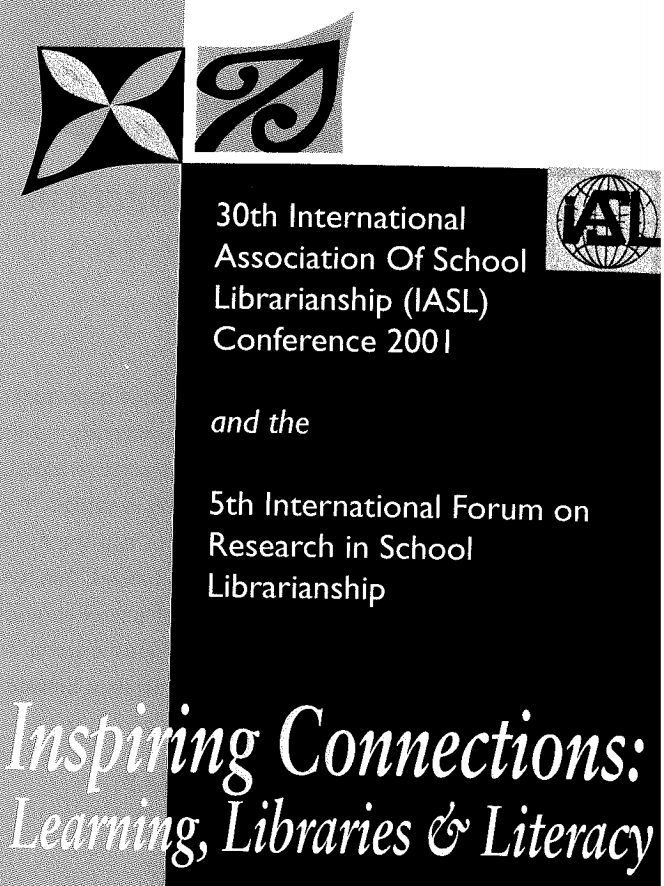Thinking and Informing: A Reality Check on Class Teachers and Teacher Librarians
DOI:
https://doi.org/10.29173/iasl8104Abstract
The literature suggests that twenty first century schools must pay as much attention to how students learn as they do to what students learn. Part of the `how students learn' encompasses attempts to address student mastery of the processes of becoming informed. At one time it was considered the role of the teacher librarian to teach students information skills or an information process. At one time it was assumed that class teachers could teach these skills and this process. In more recent times it has been suggested that teacher librarians and class teachers must form partnerships to enable the building of a school culture that facilitates an emphasis on ways of learning rather than on what is learned.
A number of writers have suggested that the key agent in the fight for information literate schools is the teacher. The teacher is at the front line working with students on a day to day basis and influencing student expectation and behaviour. As teaching practice changes from teacher focused quantitative approaches to student centred and more qualitative approaches the importance of the teacher as role model and mentor becomes paramount.
A common thread to these approaches is the assumption that class teachers and /or teacher librarians are themselves information literate. That is, it is assumed that teachers (and especially teacher librarians) have mastered the processes of becoming informed. It is assumed that they work with an information-processing model (whether that entails a formal model or a systematic approach) and that they themselves employ higher order thinking skills when undertaking complex information tasks.
This paper reports on a project that tested the validity of these assumptions. It seeks in part to identify whether or not teachers understand the information process and whether they are able to use a process to undertake a complex information task. Are teachers equipped to act as role model and mentor to their students? Does being employed as a teacher librarian (as distinct from being a qualified teacher librarian) make a difference to understanding, and use of, an information process?
Downloads
Published
Issue
Section
License

This work is licensed under a Creative Commons Attribution-NonCommercial-ShareAlike 4.0 International License.




